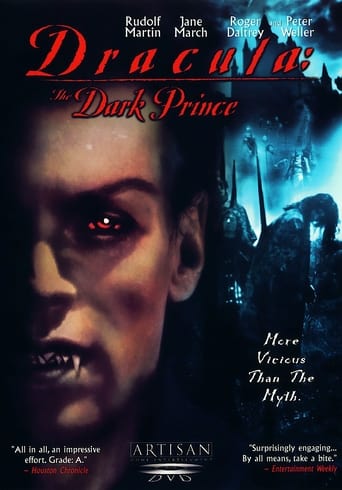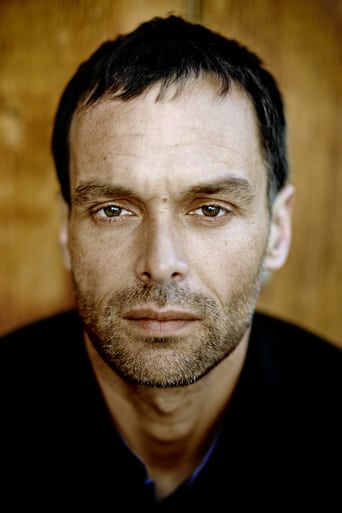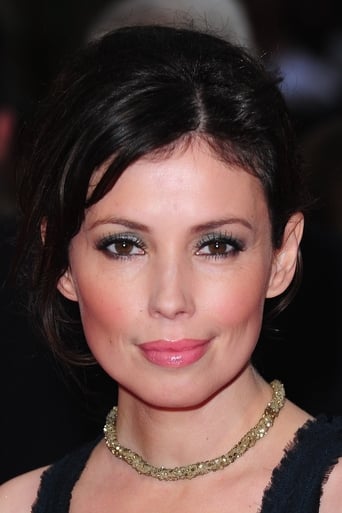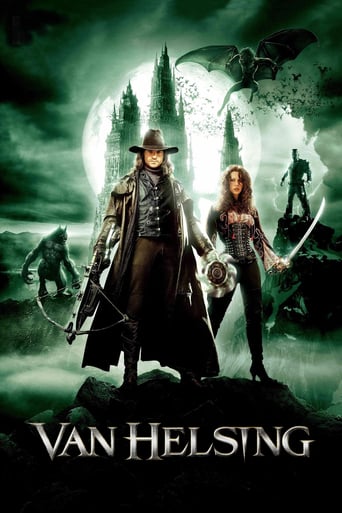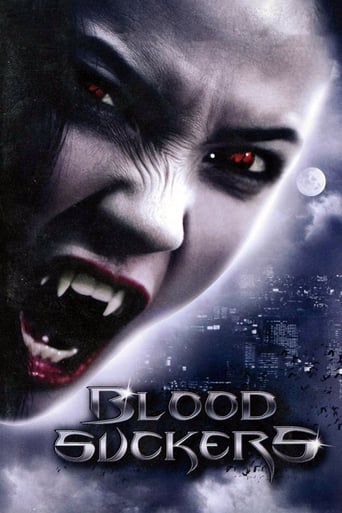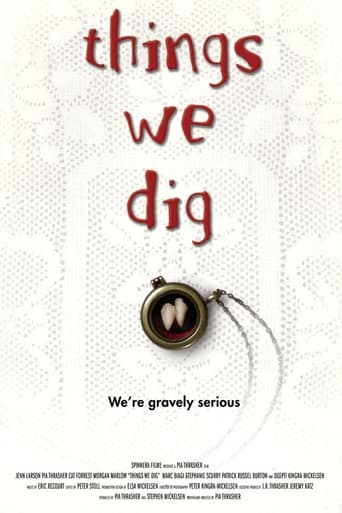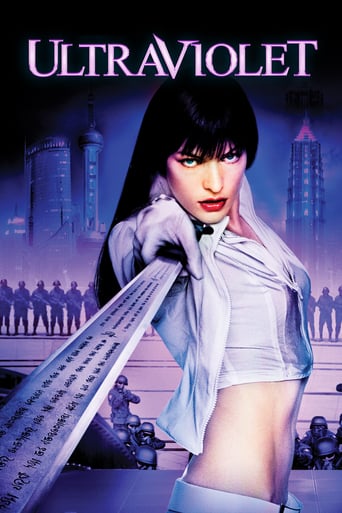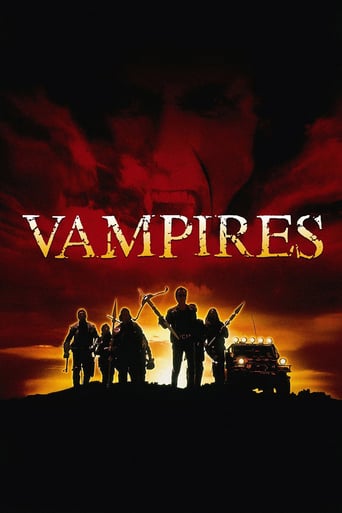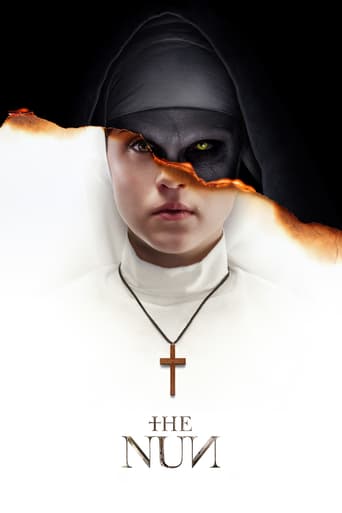Dark Prince: The True Story of Dracula (2000)
Meet the man behind the legend in this true story of Vlad the Impaler, whose vicious and cruel reputation as a bloodthirsty warlord became the basis for the myth of Dracula.
Watch Trailer
Cast
Similar titles
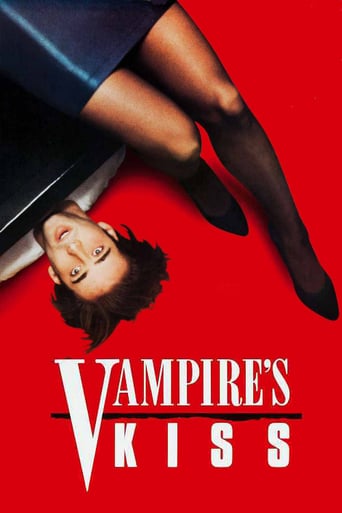
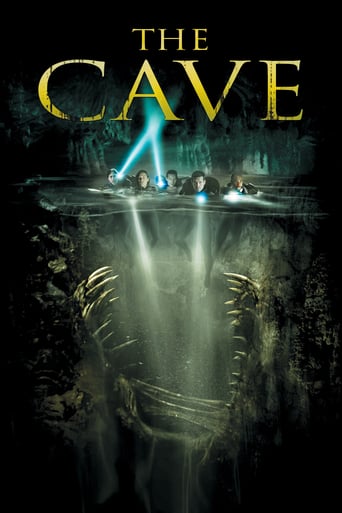
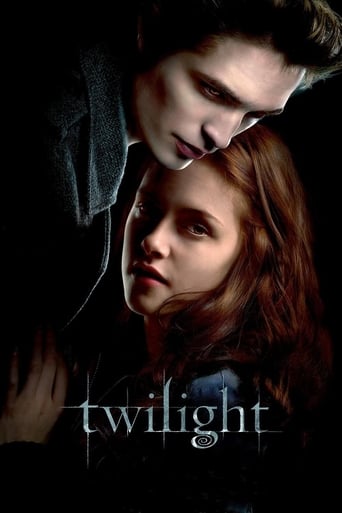
Reviews
A film with more than the usual spoiler issues. Talking about it in any detail feels akin to handing you a gift-wrapped present and saying, "I hope you like it -- It's a thriller about a diabolical secret experiment."
It's a good bad... and worth a popcorn matinée. While it's easy to lament what could have been...
There are moments in this movie where the great movie it could've been peek out... They're fleeting, here, but they're worth savoring, and they happen often enough to make it worth your while.
This is one of the best movies I’ve seen in a very long time. You have to go and see this on the big screen.
I found this movie so interesting, my.. I am not really a fan of Dracula but I wish there were more movies about the life of Vlad III Dracula, and the actor was perfect, it really did look like how you would imagine how Vlad would look, amazing! I found the story really good, I needed to do a presentation about the life of Vlad III Dracula and I learned a lot about this! Thank you! If people still need to watch this movie, just do it! I found it really good and fascinating and definitely the end, how suddenly a plot twist came, first I wanted to skip the part where he dies because I thought it was going to be very sad but then suddenly something happened! It was really interesting, and one of the best movies I had seen in times.
After I Saw The BtVS Episode "Buffy V.S Dracula" I Loved Rudolph Martin's Dracula Performance When I Found Out He Made This I Looked For It. This Was Not As I Thought "Vlads Transformation" No Its About His Actual Life Separating Fact From Fiction. From The Point Of View From A Guy Who Only Knows Dracula As The Vampire I Enjoyed It. If This Version Is Accurate Of What Vlad III The Impaler Was Like...I Would Know Not To Get Him Ticked Off Seriously The Guy Put Spears Through Anyone Who Was "Asleep On The Job" & "Did Not Serve His Country" Well Kings Or Princes Could've Had You Killed If You Looked Bad So All I'll Say Is "Even Though This World May Not Be Perfect Its Not As Bad As It Could Be" & This Also Explains Why Dracula (Vampire) Was Believed To Have Had Those Weaknesses. Let Me Explain He Grew Weary Of The Sun Because He Was In That Prison, The Rumors About Him Having The Blood Of His Victims In His Wine Cellar, He Made A Memorial To His Wife Over A Mirror & He Was Unloyal To The Catholics, Need I Go On. The Ending Did Not Make Sense To Me Vlad Comes Back To Kill The Priest...If This Film Is Implying Something Did Kill That Priest But Nobody Ever Found Out Then The Director Can't Just Throw A Wild Accusation...The Thing That Kinda Made Me Think "Wow" Was The Explorers Dug Up Dracula's Tomb & Found Nothing But Animal Bones In 1931...Weird. There Should Be More Vlad Dracula Movies I'm Not Talking About The Vampire...We've Seen Enough Of That I'm Talking About The Actual Man Too Many Films About Other Kings That Are Famous For Who They Were Not Fiction(King Henry VIII Springs To Mind Not That I Hate Movies About Henry) People Know Too Much About The Myth & Too Little About The Man So I Am Trying To Force You, The Reader, To Watch This. So You Know More About The Man & Not The Vampire...Even Though I Liked The Book I Liked This Movie As Well...AS MUCH AS THE BOOK! You Will Love This Movie If You Love The Book. Rudolph Martin Does The Best Vlad III EVER!
This 2000 TV film, which, I believe, originally aired on Lifetime for Halloween of that year, is excellently done.It begins with Vlad (Rudolph Martin) meeting with his spiritual adviser, Father Stephan (Peter Weller). He is to appear before the authorities of the Orthodox Church to face charges that he has committed heresy/blasphemy by converting to Roman Catholicism.Vlad tells his tale, which begins with the "folk-tales" he says he is familiar with: to-wit, an engraving of the Blessed Virgin wept tears of blood at the moment of his birth, a sign that he is an Antichrist. Also tales of hideous torture which he describes as "forgeries and lies", maintaining that only "those who broke the law" were punished.Then we go back to when he and his brother Radu were children; they were captured by their father's enemy, the Sultan, to be held prisoner until their father, Prince of Romania, agrees to the tribute the Sultan demands. Radu, it is implied, becomes the Sultan's personal plaything, while Vlad is subjected to torture for refusing to comply with his (the Sultan's) desires. Eventually, as a young man, Vlad is released. He seeks out the King of Hungary (Roger Daltrey) for financial/military aid to fight Turkish oppression, as well as those in his own country of Romania who are complicit with the Turkish overlords. The king agrees.At a banquet with the King, Vlad meets Lidia (Jane March) and her father, Aaron. He learns that Lidia intends to join a convent, but the two soon fall in love, and instead, she becomes his bride. The two soon have a son. One night, Vlad hosts a banquet for Romanian nobles, who he believes are in league with the Turks and are also responsible for the death (by being buried alive) of his father. The men, after a few drinks, are told the real reason Vlad has called them there; the are captured at swordpoint, soon to be impaled. But Lidia, upstairs in her bed, hears their cries. She comes out of their bedroom to see what is happening but goes into labor. Their son is born.As the child grows, Vlad gains a reputation for brutality. His method of justice includes public impalements. At one point, a group of Romanian emmisaries who have come to make a final demand for tribute from his country - and are led by his brother, Radu, who has stayed with and decided to side with the Turks - refuse to remove their turbans when asked to do so. Vlad thinks of an appropriate punishment for this - their turbans are nailed to their foreheads. He spares only his brother.Lidia witnesses this, and it is the final straw. She has already begun to be driven mad by her husband's methods, having witnessed impalement firsthand. She imagines that she hears the victims of such punishment crying out to her. She decides that she must leave her husband and take their son with her, before his father has any further influence on him. Instead, Vlad keeps their son and sends his wife to a convent. His battles with the Turks continue.Eventually, he calls for his wife to be sent back to him and asks for her understanding and forgiveness for what he must do. His wife stays with him, but, after Vlad seemingly comes back to life after his soldiers were convinced that he was killed in battle, she becomes convinced that her husband is a damned soul; that is to say, that his spirit is doomed to remain in limbo on earth forever because neither Heaven nor Hell will receive him. She commits suicide, which, according to her own beliefs, will damn her own soul.Lidia's father, who blames Vlad for his daughter's bad end, devises a plot against him; going to Radu, Aaron has given him a set of forged documents that indicate that Vlad was conspiring against the King of Hungary, his greatest ally. When Vlad appears before the King to ask for further aid, he is instead imprisoned for years. However, he is released when the King uncovers the plot. "Would you like to become Prince of Romania again?", he asks Vlad. But there is one condition; he must marry the King's daughter, which would also entail converting (even if in name only) to Roman Catholicism. And from now on, when he battles, it will be on behalf of the Catholic Church.This is what leads to the trial Vlad must face before the Orthodox priests. They are determining whether to excommunicate him from their Church. Although he insists that he "accepted the Pope's money, never his religion", they ultimately decide to do so.There follows a final revelation of betrayal (I won't give the twist away), a final battle with Radu, and Vlad's death. When Father Stephan does not want to bury Vlad inside the Orthodox church where he had worshipped in his lifetime, Vlad's son pulls a sword on him and says, "or you die with him".But one night, Fr. Stephan hears strange noises coming from below his study, where Vlad's coffin his being kept. He goes downstairs and finds said coffin empty. Then Vlad himself, very much alive, appears before him. "I wanted to thank you", he says. You see, by excommunicating him during his lifetime, the Orthodox Church has supposedly damned him to remain immortal on earth forever by damning his soul. The final shot is what makes this a dark-tinged romance more than anything else; Vlad and Lidia, walking hand-in-hand through a thick mist, two souls, we are led to assume, that are now spending their eternal damnation together.Well worth a watch, especially this time of year (note date of my review). And yes, if I neglected to mention it, Rudolph Martin is gorgeous! And for you gentlemen, Ms. March is still no slouch herself.Cheers.
Some things...1) Dracula's first wife (whose name has never been historically documented other than known to be a Transylvanian noblewoman) committed suicide in 1462, not 1464, when Dracula was already imprisoned by the King of Hungary anyway. Not sure why the film changed this, really.2) The impalings... aren't accurate. The oiled stake is put in the buttocks and slowly moves out through the mouth. This takes days, the impalee dying a slow death. We don't see any actual impalings during the movie save one, and the guy slides down the stake like it's a flag pole.3) While not necessarily portrayed as a nice guy, I was expecting a bit more brutality. Much of Vlad Tepes' acts are brushed aside in the framing story of Dracula being interrogated by the priests in 1476 as "stories" by Dracula himself and this just seems like a kind of cop-out. I realize we don't need to see Dracula cutting the breasts off of women and such, but there was PLENTY of more hard-hitting material that could have been put in there. Example: instead of Dracula just closing the doors and executing the boyars like he does in the film, wouldn't it be far more effective cinematically to follow what *really* happened and show Dracula and his men dragging the boyars to go and build (by themselves) Castle Dracula, which took years and basically worked the lot of them to death? Also would have been effective to show the scene of Dracula rounding up all the homeless and beggars into the grand hall, then having his men burn it to the ground. The only real story of Dracula that was included was the one with the golden goblet that wasn't touched by anyone... that's about it.4) I realize it was done for dramatic purposes, but the film kept sticking Dracula's broth Radu in places/times he simply wasn't. Dracula was killed in 1476 by a man (a Turk) disguised as one of his own guards... in a MARSH somewhat near Snagov, not inside Snagov Chapel.5) The ending is neither here or there... I'd rather they didn't go that route, but then the end of Vlad's life is a bit anti-climactic.
